elemintalshop
Pomegranates & Two Stars of 8 Rays 1 Lira Israel Authentic Coin Money for Jewelry (Forbidden Fruit) (Rimonim) (Mystic) (Rosh Hashanah)
Pomegranates & Two Stars of 8 Rays 1 Lira Israel Authentic Coin Money for Jewelry (Forbidden Fruit) (Rimonim) (Mystic) (Rosh Hashanah)
Couldn't load pickup availability
Pomegranates & Two Stars of 8 Rays 1 Lira Israel Authentic Coin Money for Jewelry and Craft Making (Forbidden Fruit) (Rimonim) (Mystic) (Rosh Hashanah) (Alexander Jannaeus)
Obverse: Three stylized pomegranate (grenadine juice) fruits, state emblem (menorah flanked by olive branches)
Scripts: Arabic, Hebrew, Latin
Lettering: ישראל
ישראל
ISRAEL اسرائيل
Translation: Israel
Israel
Israel Israel
Reverse: Two Stars of 8 Rays (image from early coins at about 103 B.C. Alexander Jannaeus)
Lettering: 1 לירה
ישראלית
אחת
תשל"א
Translation: 1 Lirah
Israeli
One
the date (for instance, 5731)
Edge: Alternating segments: five smooth, five milled
Features
Issuer Israel
Period State of Israel (1948-date)
Type Standard circulation coin
Years 5727-5740 (1967-1980)
Calendar Hebrew
Value 1 Lira (1 ILP)
Currency Pound (1960-1980)
Composition Copper-nickel
Weight 9 g
Diameter 27.5 mm
Thickness 2 mm
Shape Round
Technique Milled
Orientation Medal alignment ↑↑
Demonetized 31 March 1984
Number N# 1726
References KM# 47.1, KM# 47.2, KM# 47.3
Wikipedia:
The pomegranate (Punica granatum) is a fruit-bearing deciduous shrub in the family Lythraceae, subfamily Punicoideae, that grows between 5 and 10 m (16 and 33 ft) tall. The pomegranate was originally described throughout the Mediterranean region. It was introduced into Spanish America in the late 16th century and into California by Spanish settlers in 1769. The fruit is typically in season in the Northern Hemisphere from October to February, and in the Southern Hemisphere from March to May. As intact sarcotestas or juice, pomegranates are used in baking, cooking, juice blends, meal garnishes, smoothies, and alcoholic beverages, such as cocktails and wine.
Pomegranates are widely cultivated throughout the Middle East and Caucasus region, north and tropical Africa, the Indian subcontinent, Central Asia, the drier parts of Southeast Asia, and the Mediterranean Basin.
The pomegranate is mentioned or alluded to in the Bible many times. It is also included in coinage and various types of ancient and modern cultural works.
For example, pomegranates were known in Ancient Israel as the fruits that the scouts brought to Moses to demonstrate the fertility of the "promised land". The Book of Exodus describes the me'il ("robe of the ephod") worn by the Hebrew high priest as having pomegranates embroidered on the hem, alternating with golden bells, which could be heard as the high priest entered and left the Holy of Holies. According to the Books of Kings, the capitals of the two pillars (Jachin and Boaz) that stood in front of Solomon's Temple in Jerusalem were engraved with pomegranates. Solomon is said to have designed his coronet based on the pomegranate's "crown" (calyx).
Some Jewish scholars believe the pomegranate was the forbidden fruit in the Garden of Eden. Additionally, pomegranates are one of the Seven Species (Hebrew: שבעת המינים, Shiv'at Ha-Minim) of fruits and grains enumerated in the Hebrew Bible (Deuteronomy 8:8) as special products of the Land of Israel,[citation needed] and the Songs of Solomon contains this quote: "Thy lips are like a thread of scarlet, and thy speech is comely: thy temples are like a piece of a pomegranate within thy locks." (Song of Solomon 4:3).
Consuming pomegranates on Rosh Hashana is traditional because, with its numerous seeds, it symbolizes fruitfulness. Also, it is said to have 613 seeds, which corresponds with the 613 commandments of the Torah, but it was a misconception. This particular tradition is referred to in the opening pages of Ursula Dubosarsky's novel Theodora's Gift.
The pomegranate appeared on the ancient coins of Judea, and when not in use, the handles of Torah scrolls are sometimes covered with decorative silver globes similar in shape to pomegranates (rimmonim).
Pomegranates symbolize the mystical experience in the Jewish mystical tradition, or kabbalah, with the typical reference being to entering the "garden of pomegranates" or pardes rimonim; this is also the title of a book by the 16th-century mystic Moses ben Jacob Cordovero.
******
Wikipedia:
Alexander Jannaeus (Greek: Ἀλέξανδρος Ἰανναῖος Aléxandros Iannaîos; Hebrew: יַנַּאי Yannaʾy; born Jonathan יהונתן) was the second king of the Hasmonean dynasty, who ruled over an expanding kingdom of Judea from 103 to 76 BCE. A son of John Hyrcanus, he inherited the throne from his brother Aristobulus I, and married his brother's widow, Queen Salome Alexandra. From his conquests to expand the kingdom to a bloody civil war, Alexander's reign has been generalised as cruel and oppressive with never-ending conflict. The major historical sources of Alexander's life are Josephus's Antiquities of the Jews and The Jewish War.
The kingdom of Alexander Jannaeus was the largest and strongest known Jewish State outside of biblical sources, having conquered most of Palestine's Mediterranean coastline and regions surrounding the Jordan River. Alexander also had many of his subjects killed for their disapproval of his handling of state affairs. Due to his territorial expansion and interactions with his subjects, he was continuously embroiled with foreign wars and domestic turmoil.
Share

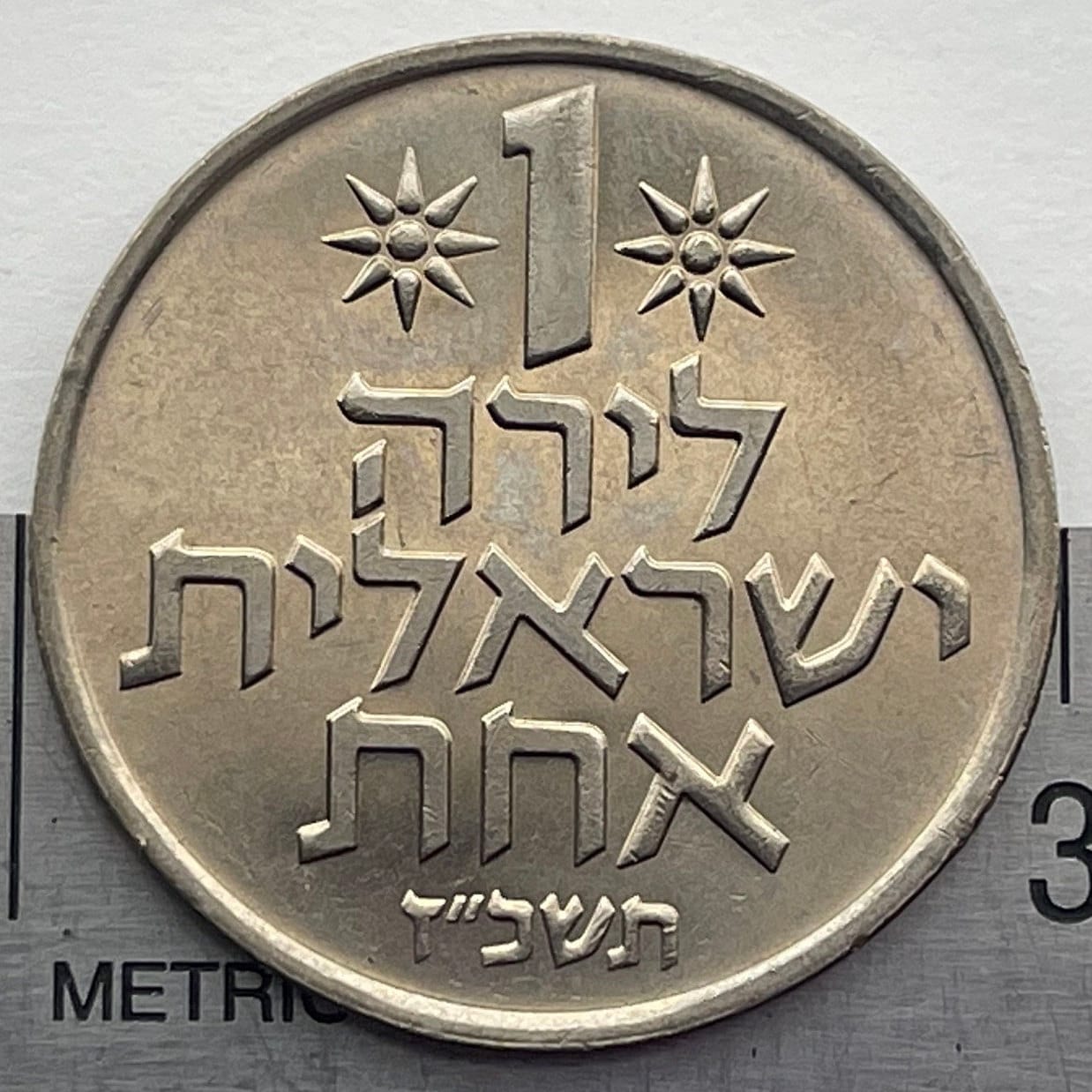
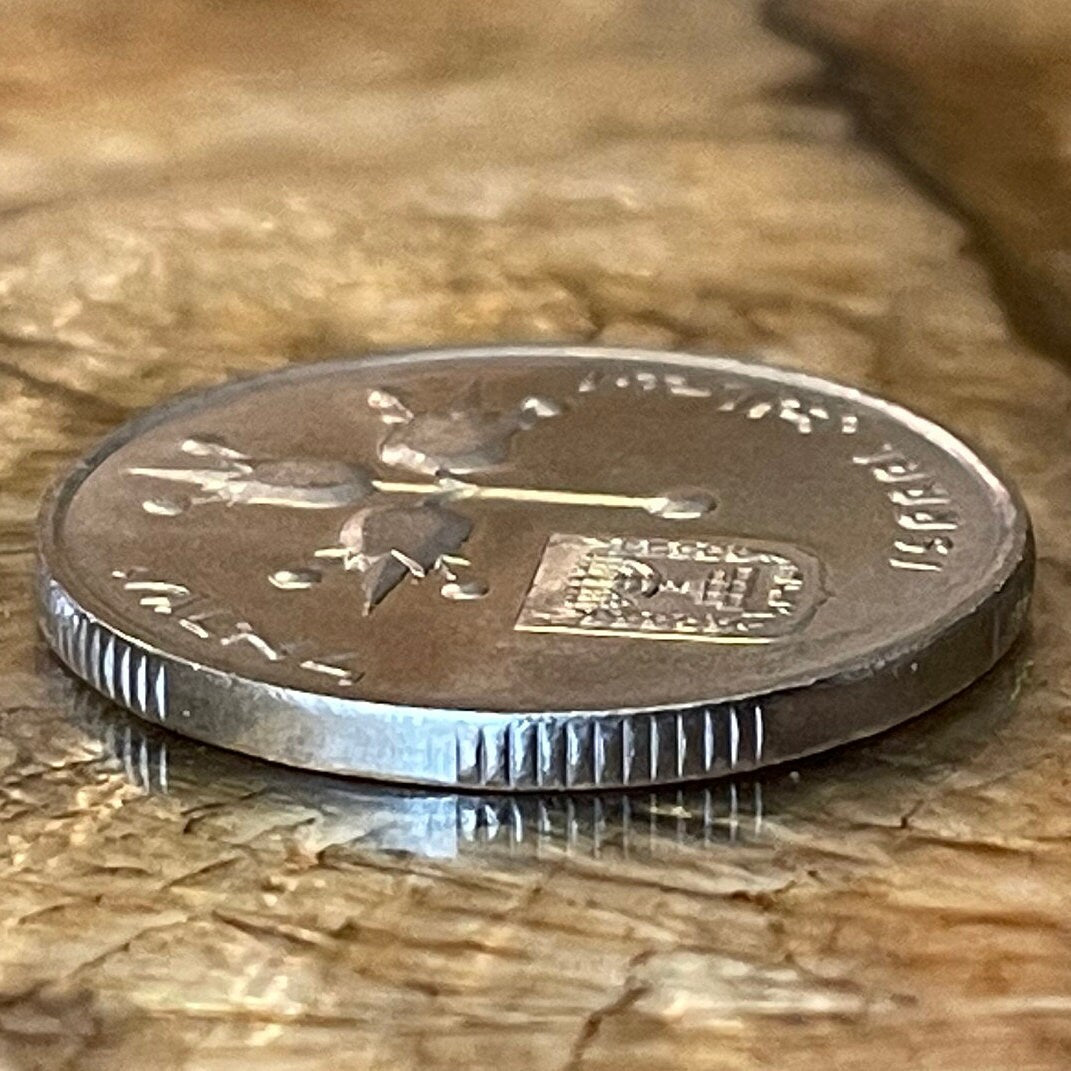
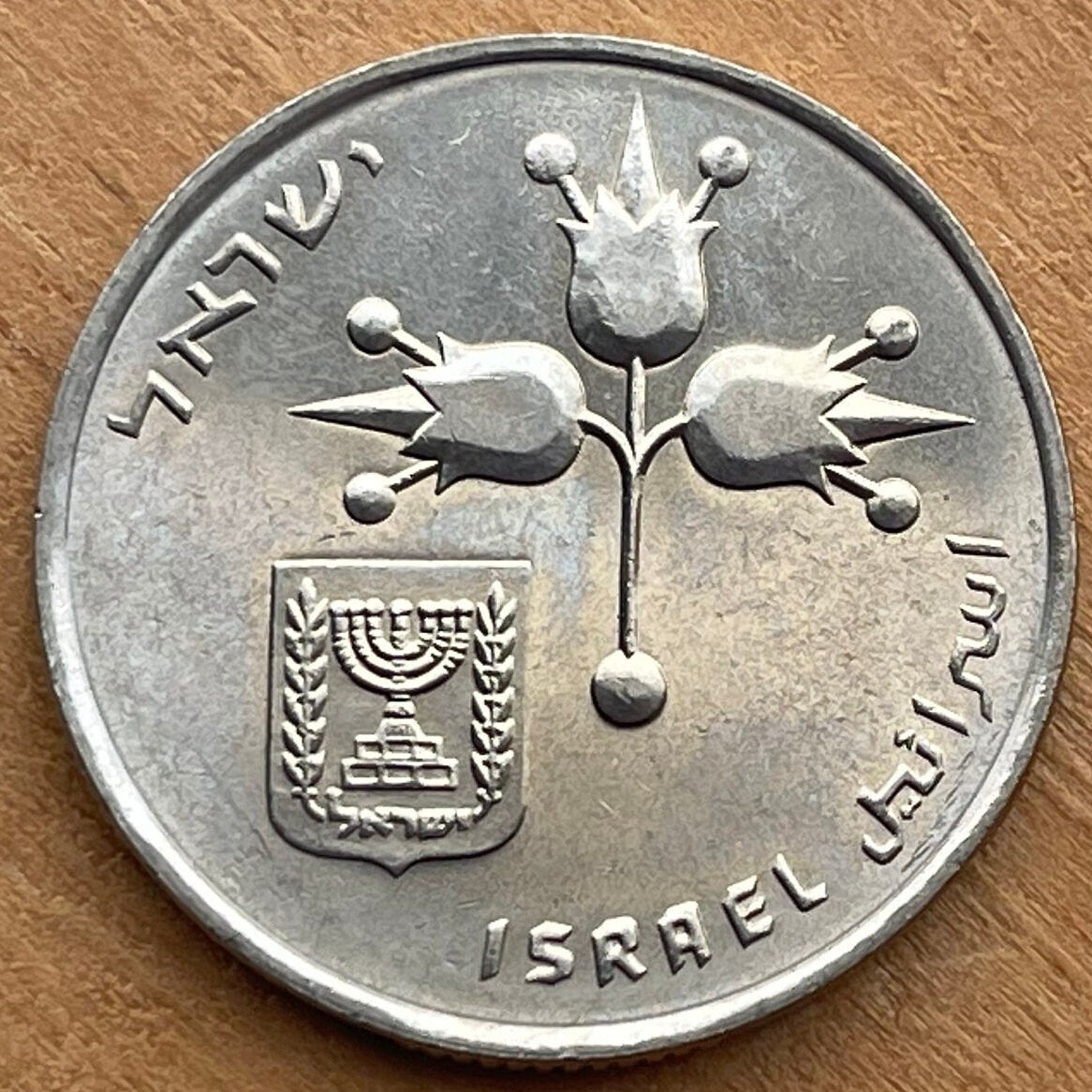
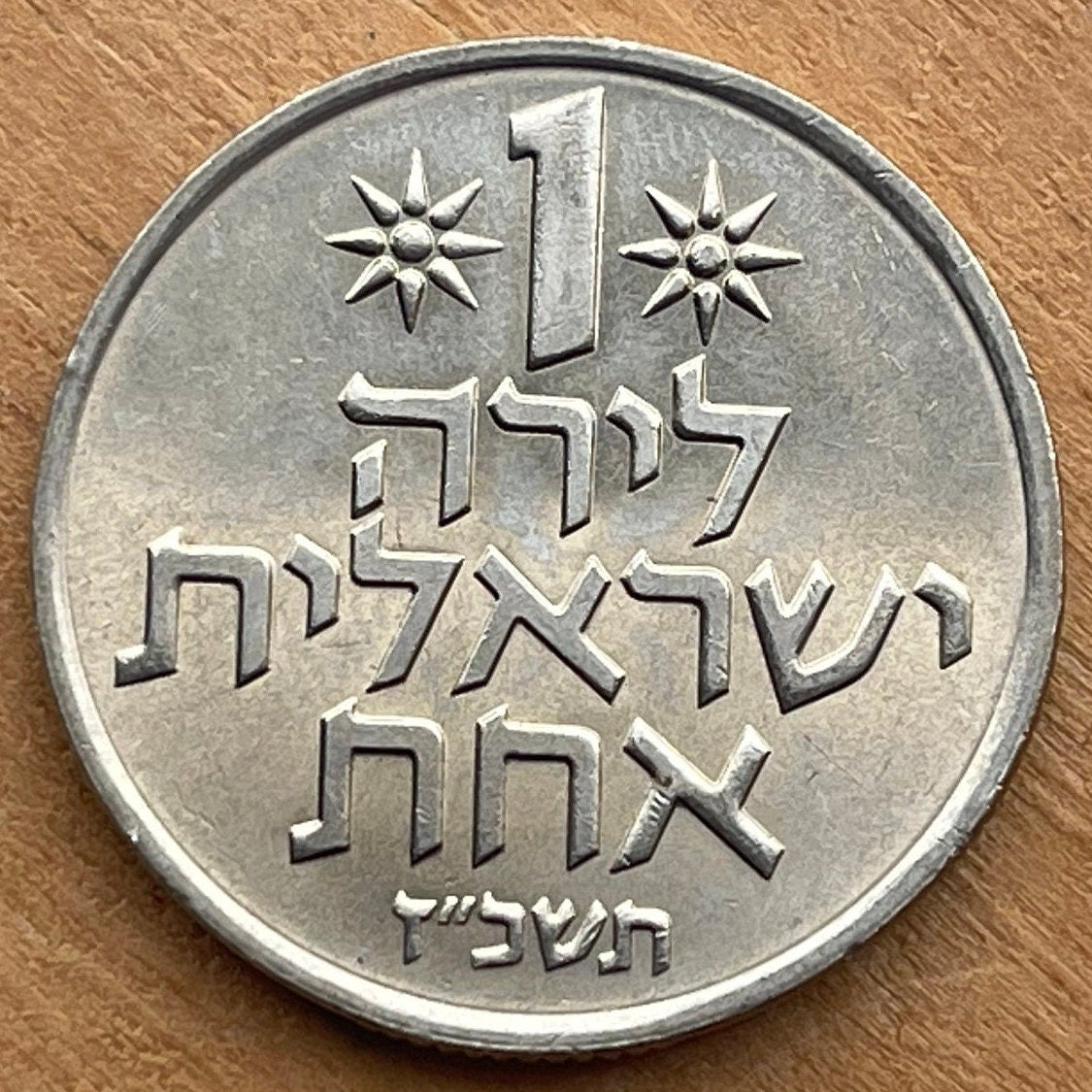

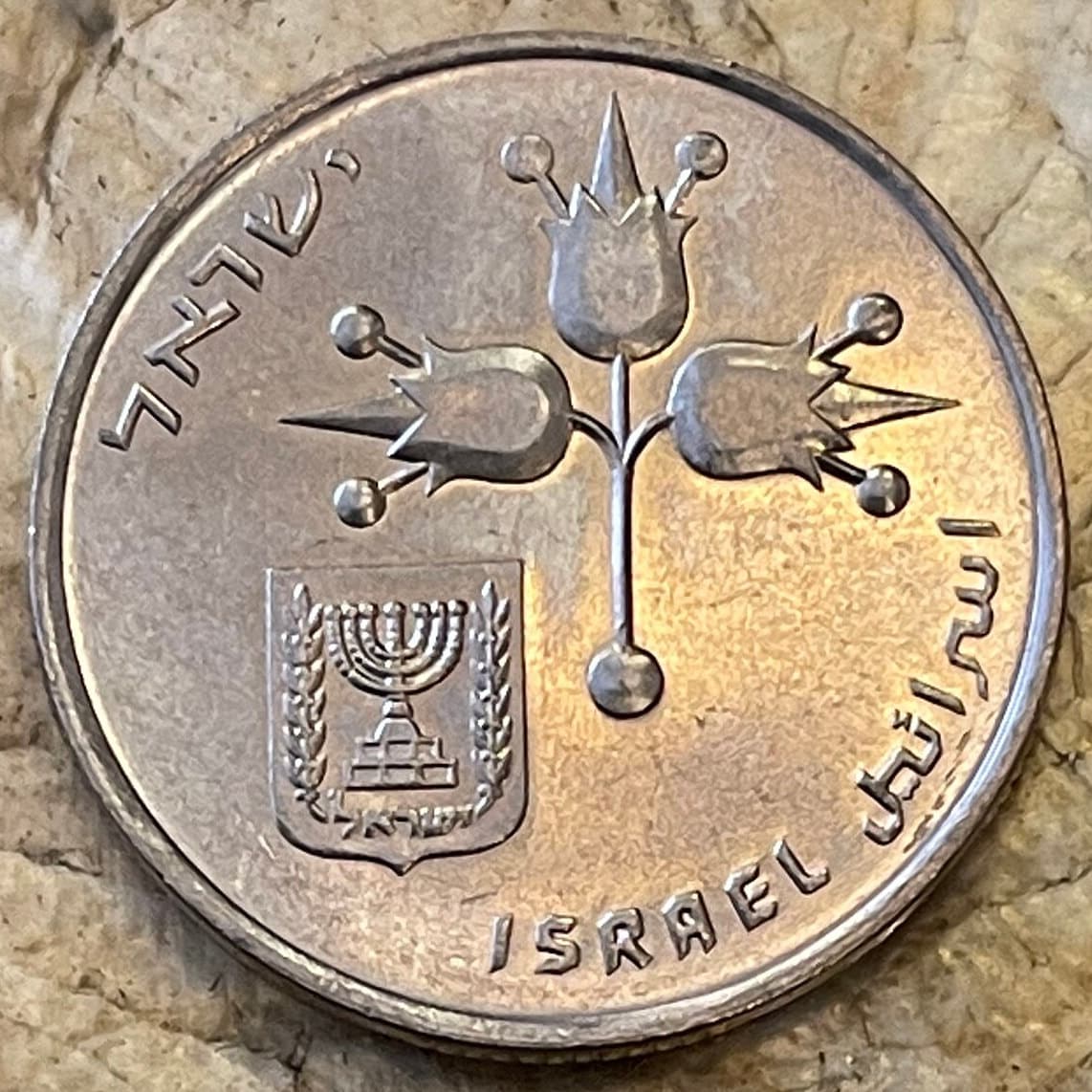
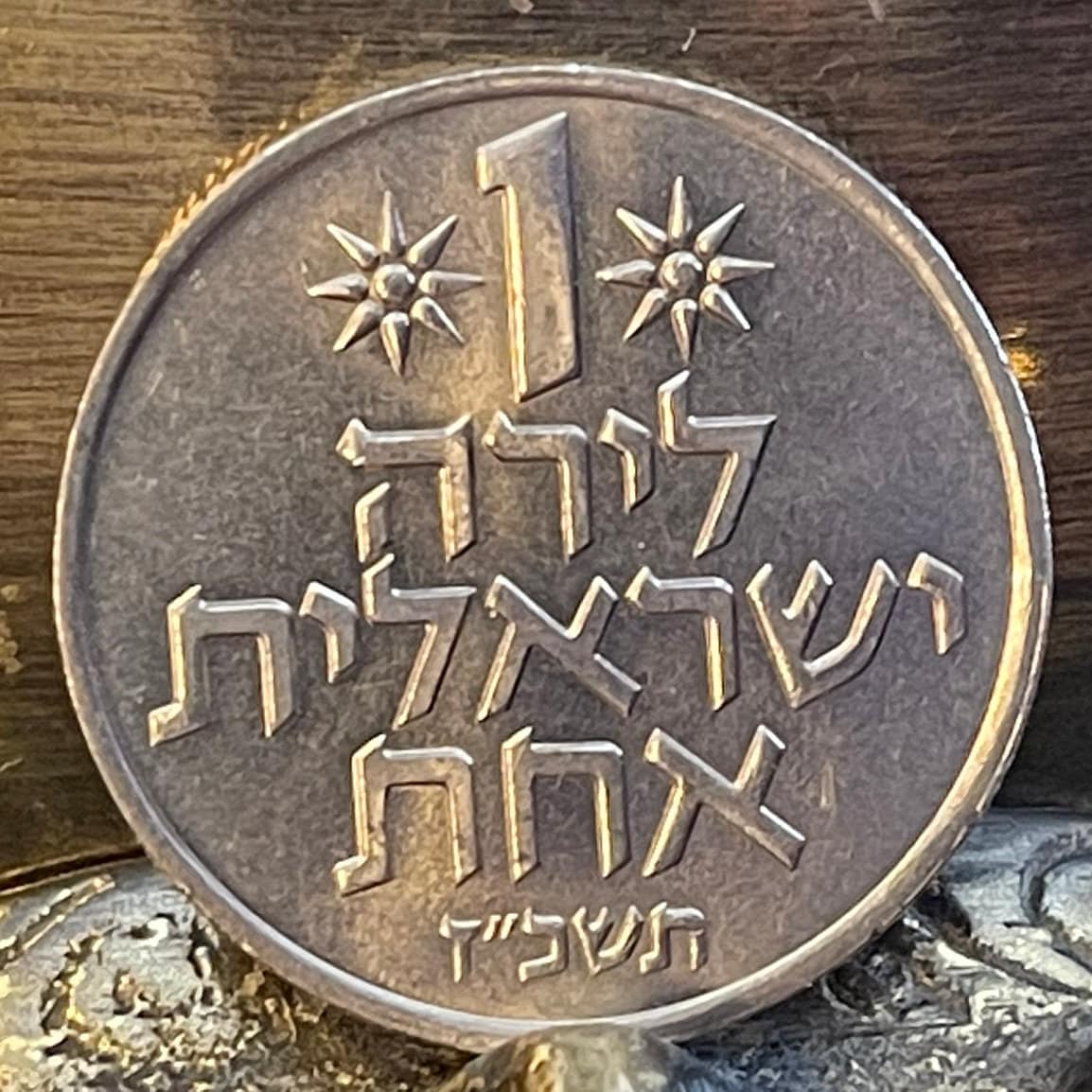

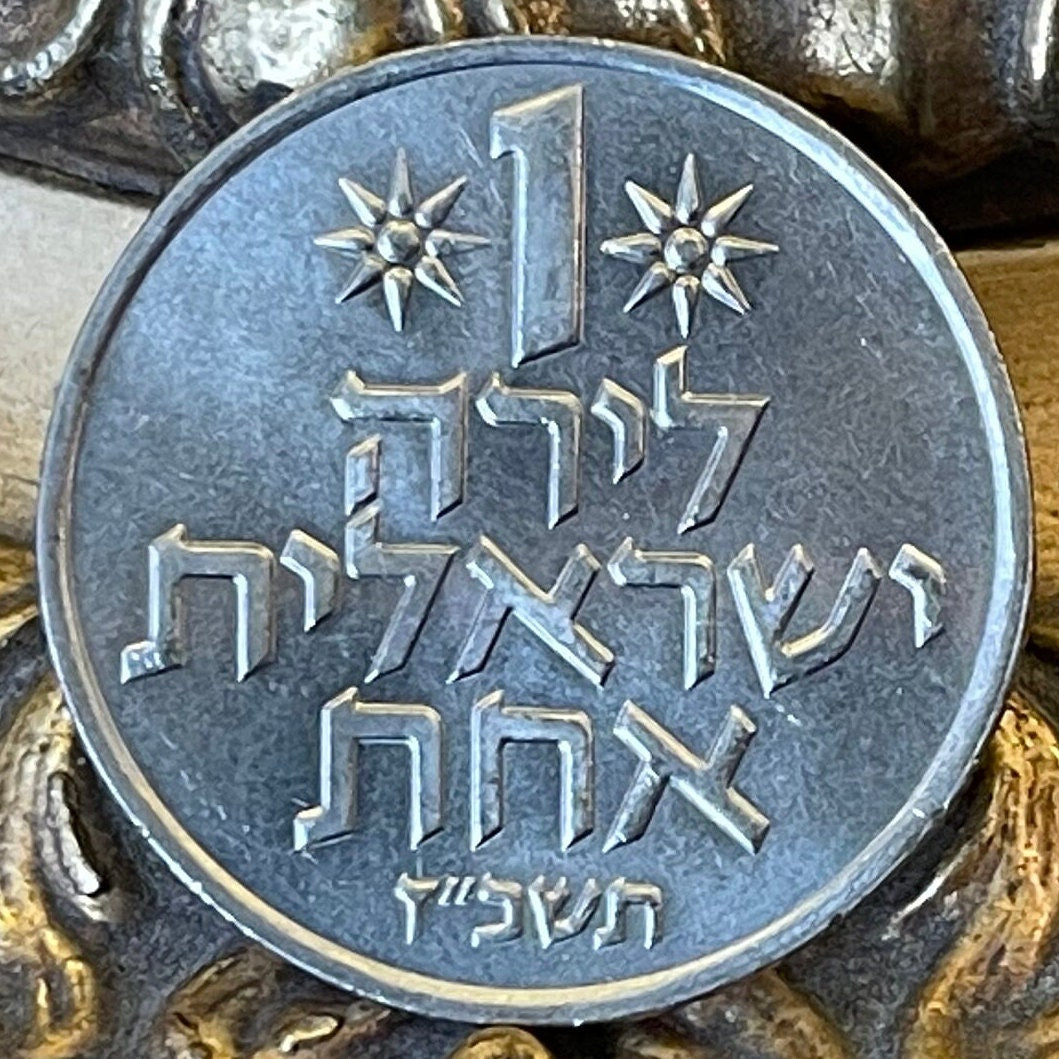
5 stars review from Elizabeth
5 stars review from Molly









